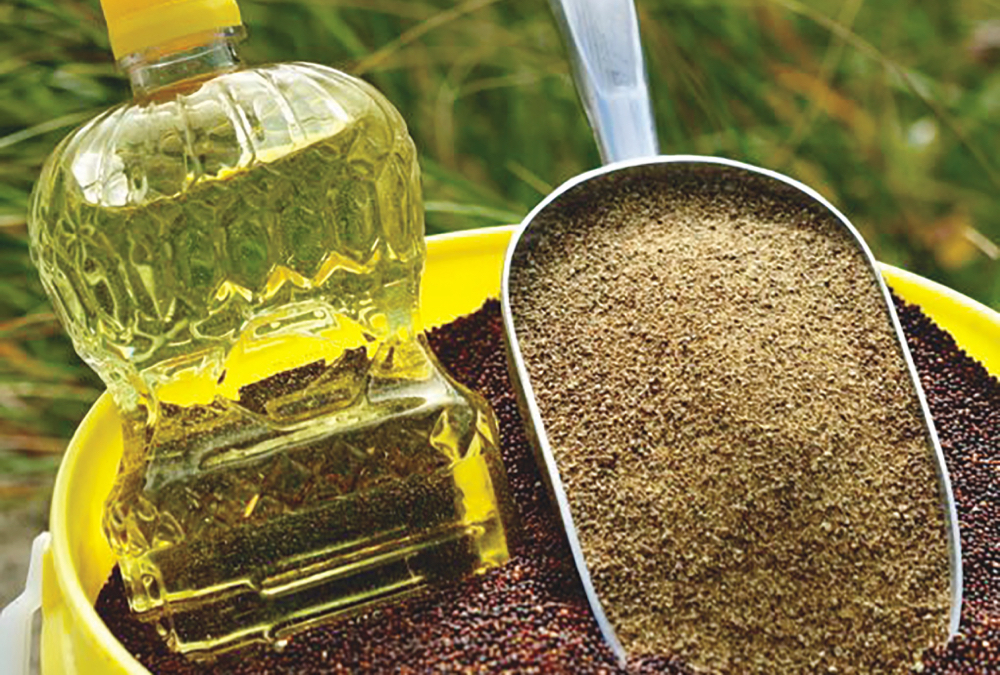The CWB says a late April trade trip to Morocco by agriculture minister Gerry Ritz could help Canada maintain its dominant position in the Moroccan durum market.
During an April 26 conference call from Morocco, Ritz announced the signing of a memorandum of understanding to improve agricultural co-operation between the two countries.
Canada and the North African country are also in the midst of negotiating a free trade agreement.
Prairie durum exporters would be the main beneficiaries.
Last year, the CWB sold almost 600,000 tonnes of durum to Morocco, worth $175 million out of total agricultural sales from Canada of $188 million.
Read Also

Survey says Canadians support canola producers over EV tariffs
The majority of Canadians are in favour of lowering tariffs on Chinese electric vehicles if it would help improve market access for Canadian canola according to new data from the Angus Reid Institute.
CWB president Ian White said in a news release that a Morocco-U.S. free trade deal now being implemented will give the U.S. an advantage if Canada does not negotiate its own deal.
“A free trade agreement is crucial to ensuring that Canada’s dominant position in the Moroccan market is not eroded,” said White.
Canada supplied 80 percent of Morocco’s durum imports last year. It was the CWB’s second largest durum market.
The next round of free trade talks are in Canada in June, and Ritz said he invited his Moroccan hosts to attend.
Ritz took Elwin Hermanson, chief commissioner of the Canadian Grain Commission, and Earl Geddes of the Canadian International Grains Institute with him on the trip. They also visited Saudi Arabia, where the focus was greater beef and cattle access to a market that already buys more than $300 million in food products from Canada.
Ritz said his mission in Morocco was to solidify Canada’s durum advantage in the wake of the demise of the CWB single desk and to promote expanding other Canadian exports.
“I delivered the message that our valued Moroccan customers can be assured of a stable supply of top quality wheat under the newly reinvigorated open market,” he said.
“At the same time, the Moroccan agricultural and food market is growing and diversifying, offering new sales opportunities for Canadian farmers. Moroccan farmers are looking for world class Canadian genetics and agricultural innovations to strengthen their industry on the ground here.”














